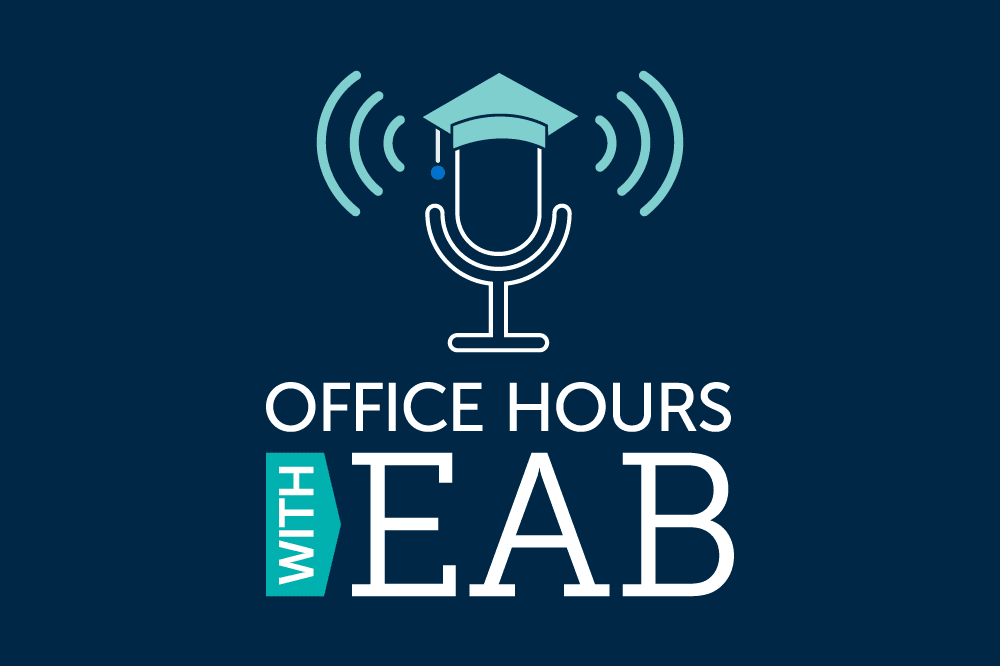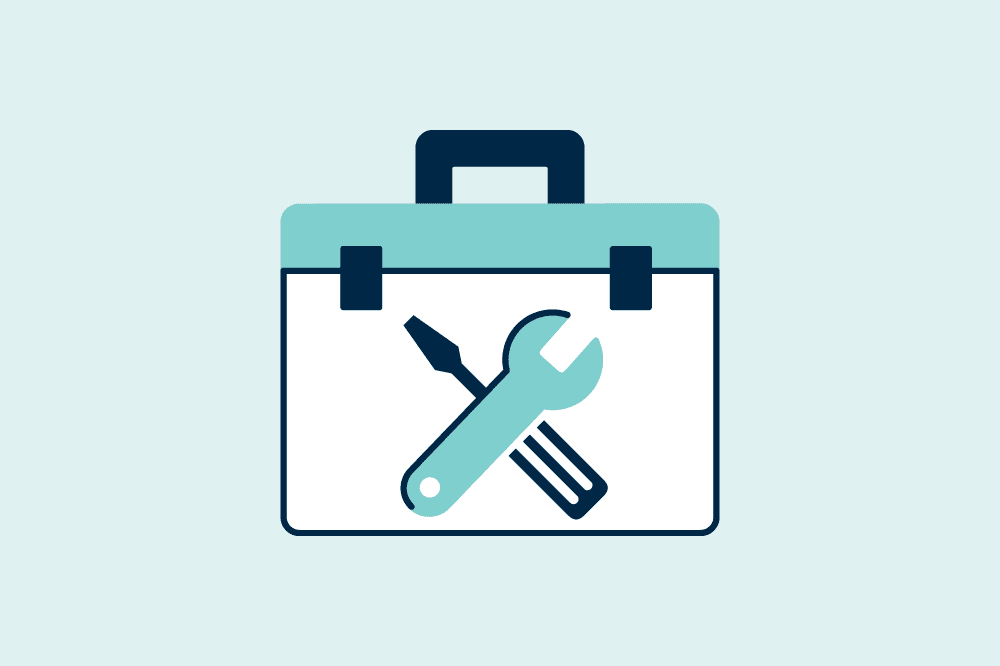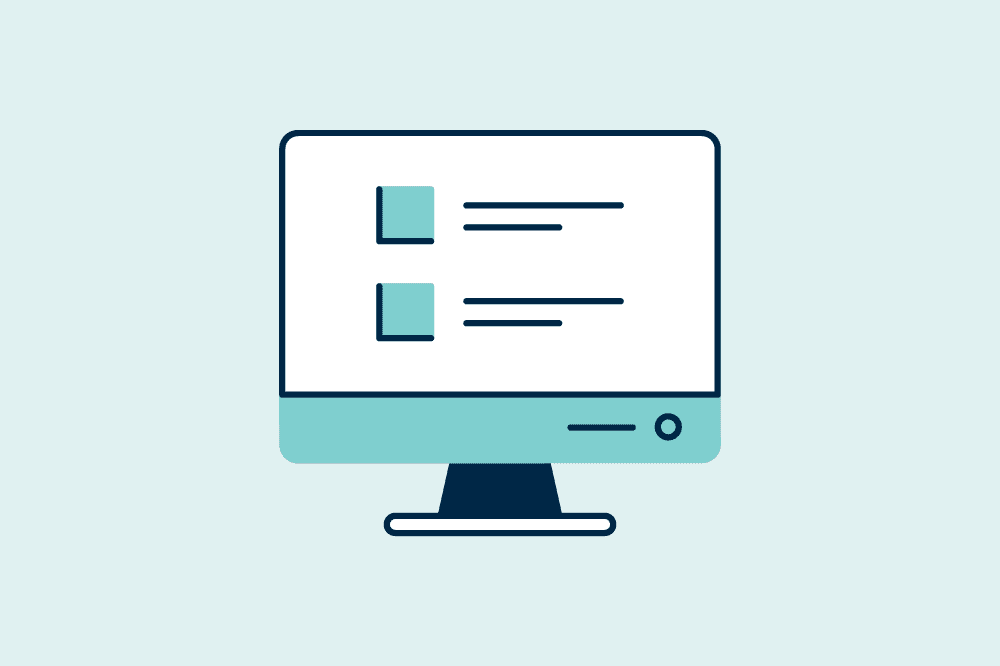Resources
Featured Resources

Insight Paper
College Search Trends Across Space and Time
This insight paper delves into college search trends in the application process among first-time undergraduates at four-year institutions.
Enroll360
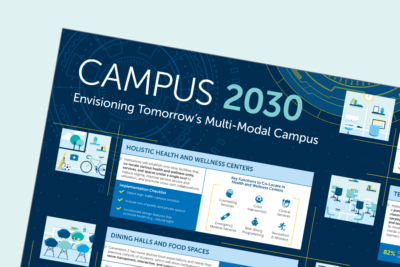
Infographic
Campus 2030: Envisioning tomorrow’s multi-modal campus
Explore our infographic to learn about the future of the multi-modal campus and how seven spaces will change…
Strategic Advisory Services

Research Report
The Rise of the Chief Wellness Officer
Chief Wellness Officer (CWO) positions have grown rapidly across the past few years due to growth in appreciation…
Strategic Advisory Services
Recent Blog Posts
More Blog Posts
Blog Post
4 reasons your university should invest in a permanent process improvement team—and how to maximize its impact
Higher Education Strategy Blog
Blog Post
Your digital marketing strategy is probably outdated—here’s how to fix it
Adult Education Blog
Blog Post
How graduate enrollment leaders—and prospective students—are using AI
Adult Education BlogLatest Podcast Episode
More Episodes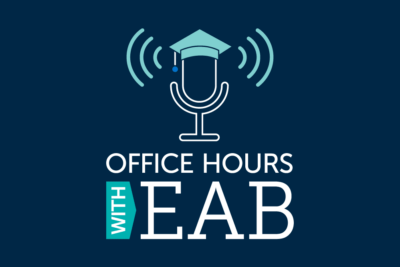
Podcast
Under Pressure: Grad Enrollment Pros Sound Off
Experts share findings from the latest EAB-NAGAP survey of graduate enrollment professionals.

Podcast
How Graduate Enrollment Teams Are Adapting
Experts share findings from EAB’s latest benchmarking survey of nearly 350 graduate enrollment professionals.

Podcast
How to Empower Student Success Through Peer Tutoring
Experts discuss how to build a peer tutoring strategy that improves academic outcomes as well as retention and…
Latest Partner Resource

Insight Paper
Case Studies: AI-Powered Data Management in Higher Ed
Generative AI has sparked widespread interest across industries. But in higher education, its adoption has been cautious. As…
Edify

